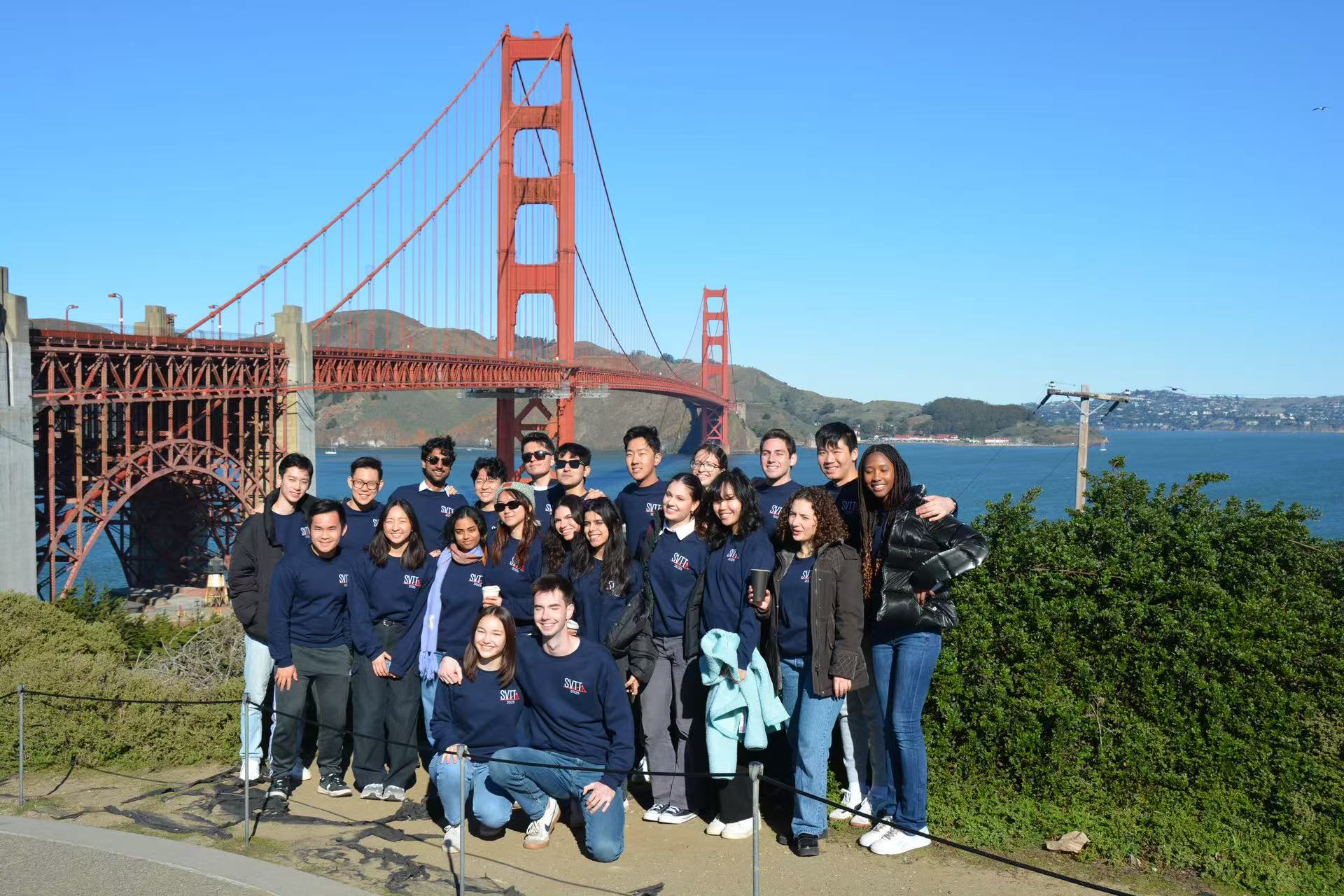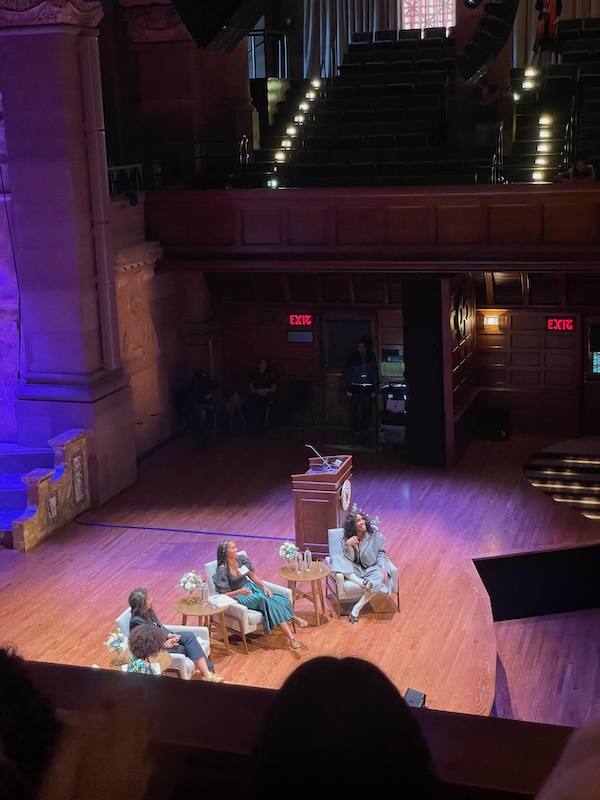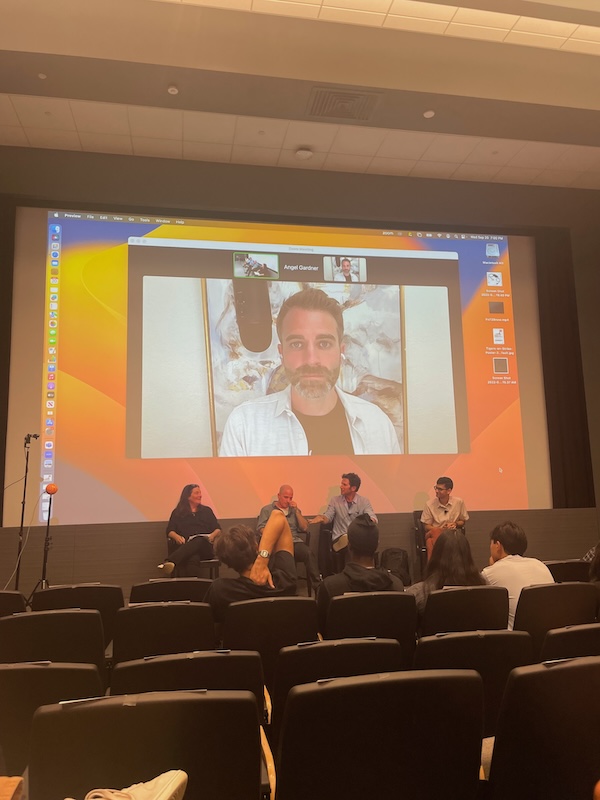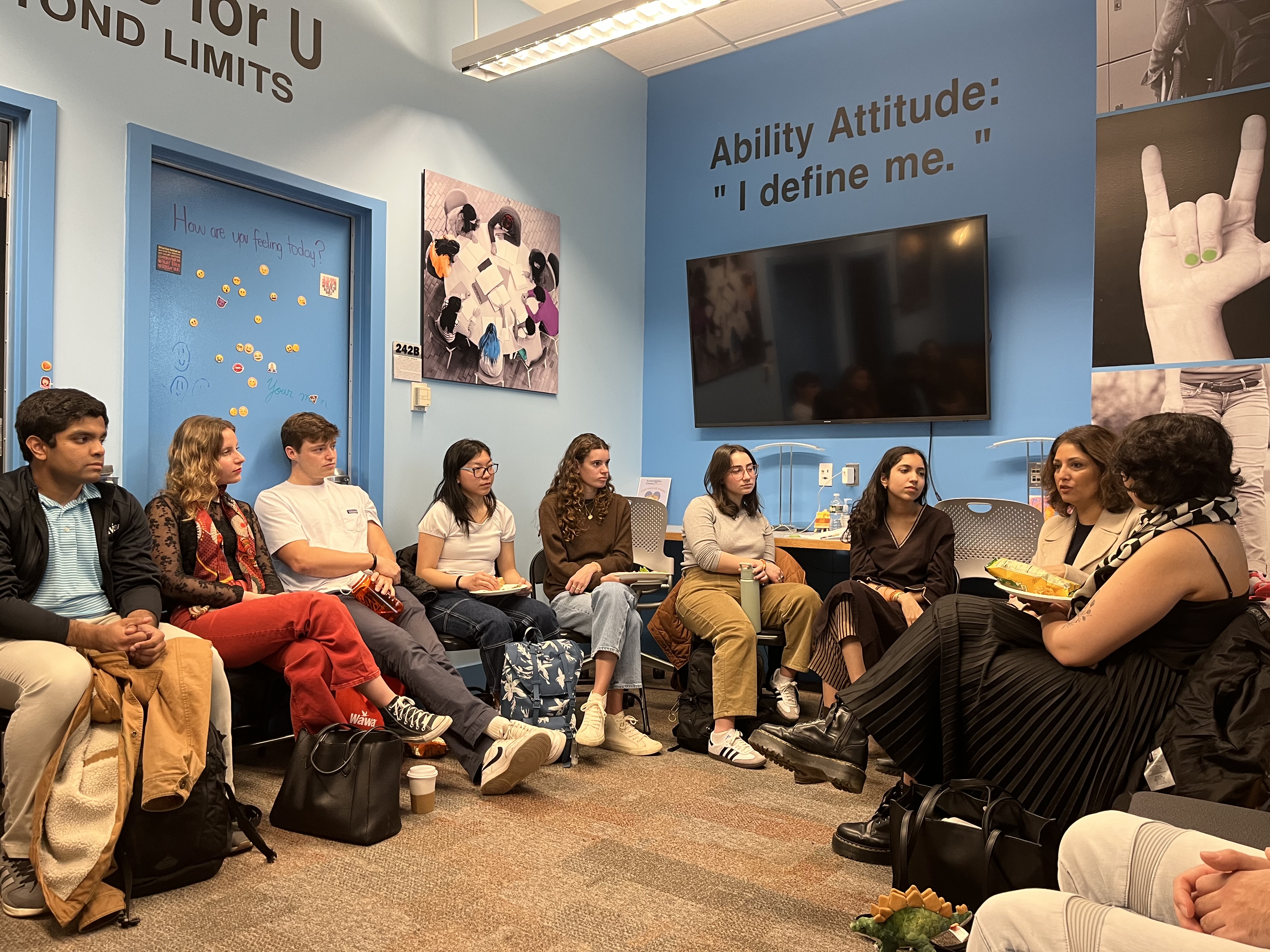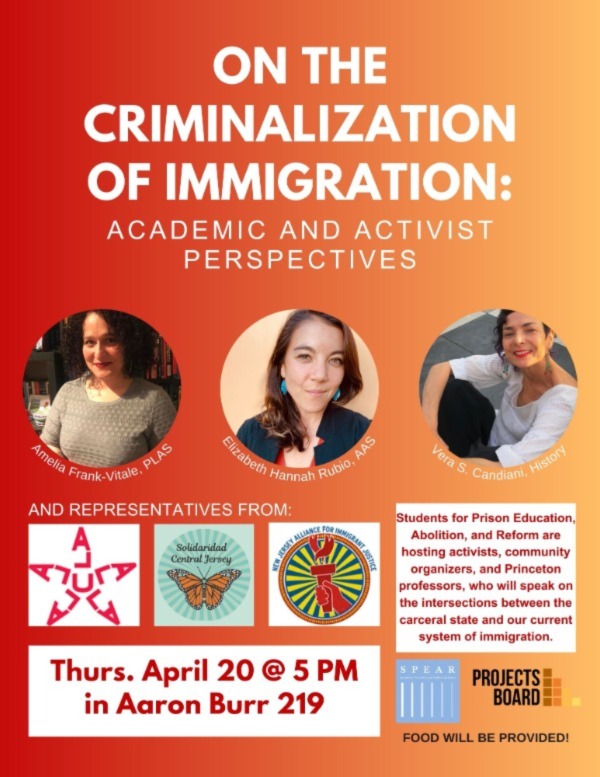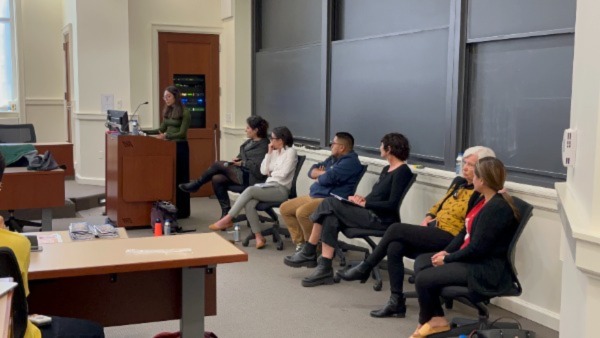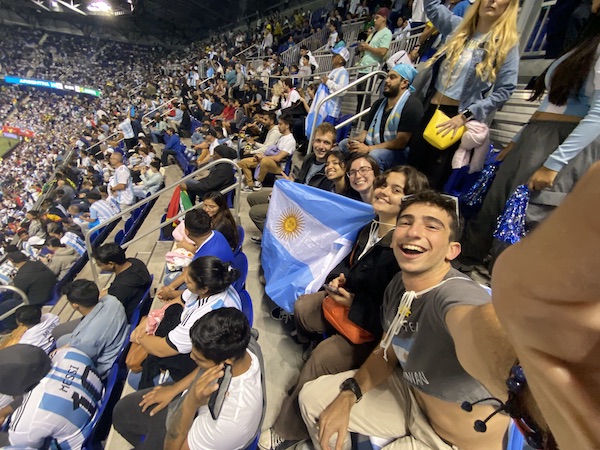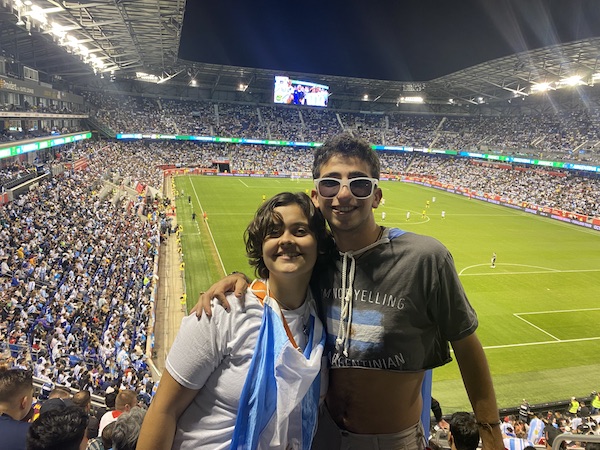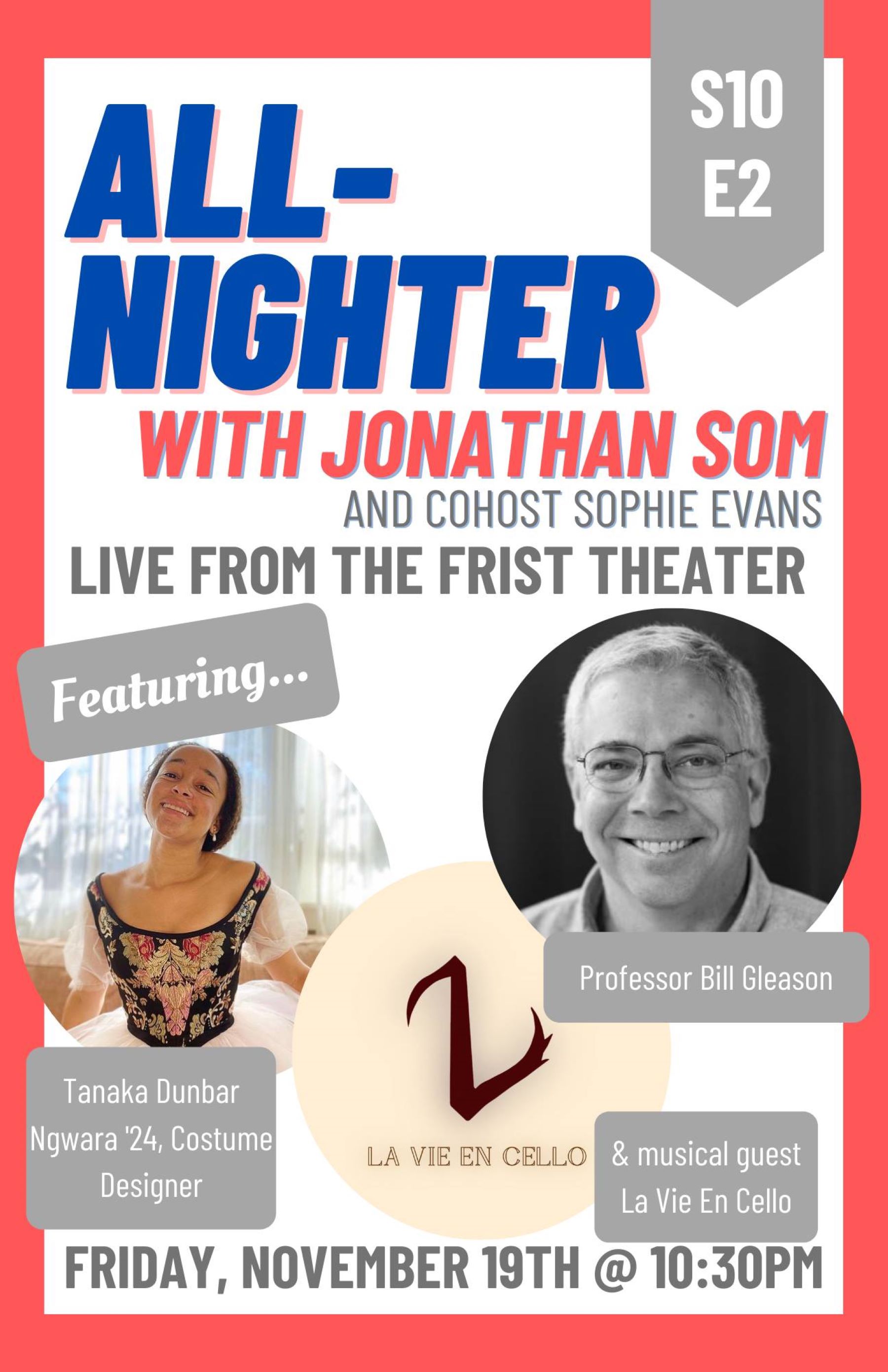“I’m going to Silicon Valley!”
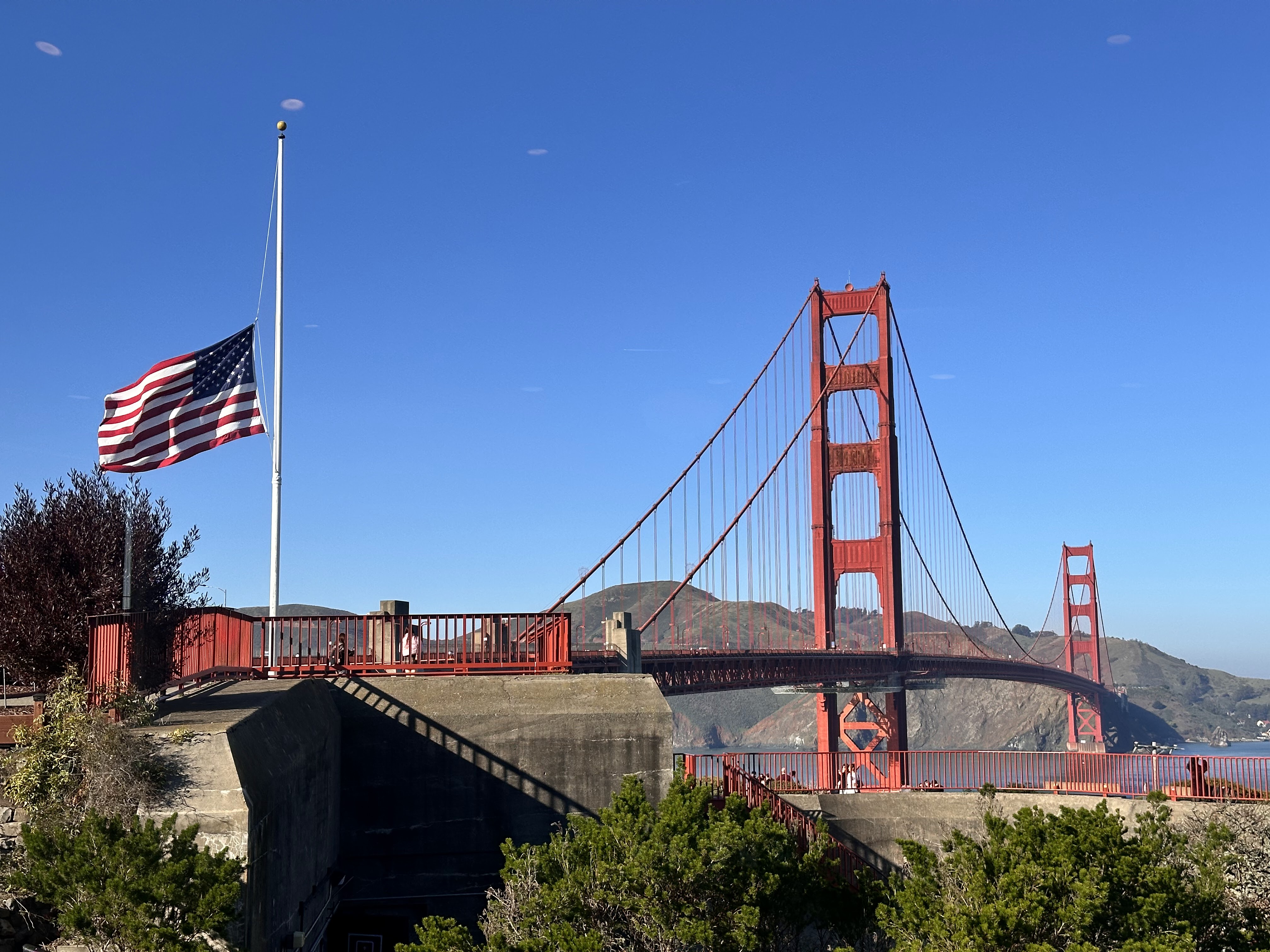
Back in November, I grabbed a yellow sticky note, wrote down these five words, and stuck it to my wall like they do in the movies. Flash forward, I somehow got myself a seat on Princeton’s Silicon Valley Tiger Trek, a 10-day trip to San Francisco, organized by the entrepreneurship department. Twenty students are chosen to have one-on-one, private interviews with 30 CEOs, founders, and head executives of tech and VC firms. My trip to Silicon Valley felt nothing short a movie script.
When we arrived in early January, the Bay Area was stunning. It’s a stark contrast from the cold, dark winters we see at Princeton. Palm trees and rich blue coasts welcomed us to the mecca of entrepreneurship—and we were there to meet the top players. While every person on the trip had something to teach us, they all had one thing in common: success. And what I took away from these different conversations was that the path to success is often more serendipitous and non-linear than one might expect.
Personally, I’ve never quite known what I wanted to do. I’ve always struggled to settle on a singular career path due to my disparate interests. As a junior, I've been feeling the pressure to apply to linear, corporate engineering roles, but these types of positions have always made me uneasy—worried that they won't leverage my diverse background. So venturing to California, I didn’t have a clear vision of what I wanted to do—and I was uncomfortable with that.
However, I left California with a widened perspective. All the founders we met described unexpected paths to where they got to today. These conversations helped me realize that success is not always methodically planned, sometimes it’s a result of brilliant minds creatively exploring, at the right place, at the right time. Not only did the pressure to decide my career vanish, but Tiger Trek completely opened my mind to different paths like finance and venture capital; coming from a family of engineers and professors, I didn’t know much about the financial world until I became interested in entrepreneurship.
I feel extremely privileged to have had this opportunity. I can now acknowledge that it might take me several years, or decades even, to find my dream job. And it might also take me some time to find what we conventionally call success. But until then, I’ll celebrate my small wins, including that yellow sticky note on my wall—that I'll keep for just that reason.
